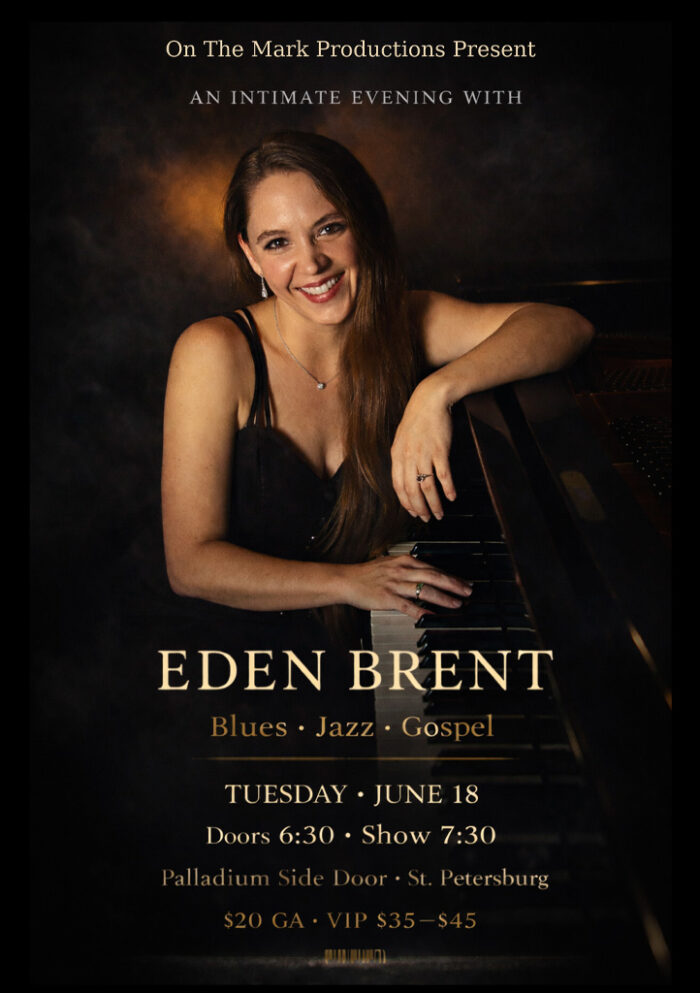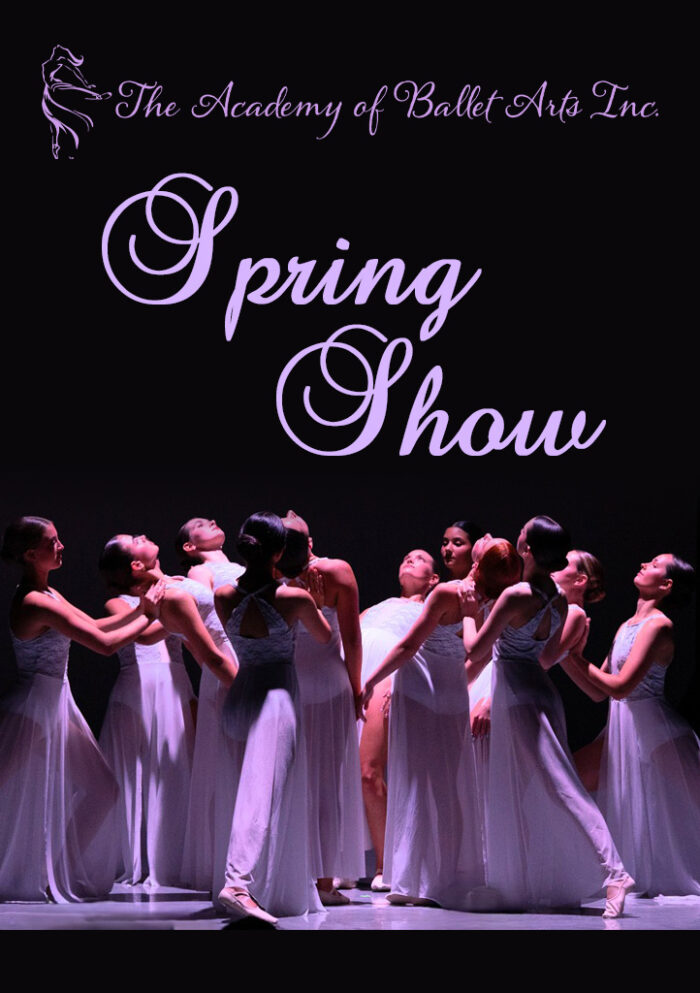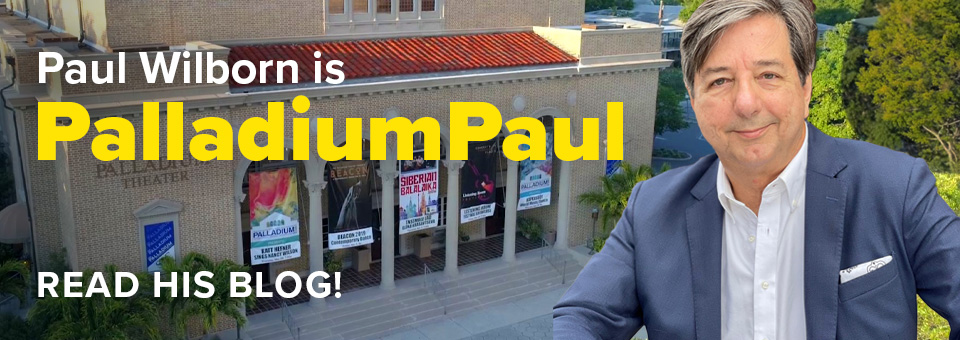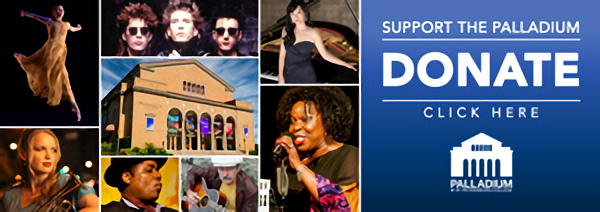There are just a handful of tickets remaining for Friday night’s swinging Side Door show featuring Jason Marsalis & the 21st Century Trad Band. Folks are excited about the Palladium debut of this young New Orleans drummer and vibraphonist and his band. They are celebrating their new release on Basin Street Records called Melody Reimagined, Book 1.
Mike Cornette, host of WUSF’s All Night Jazz, will MC the show.
Jason is the youngest son in the Crescent City’s first family of jazz. His brothers Wynton, Branford and Delfeayo, along with their dad, Ellis Marsalis, are all jazz masters in their own right. I was lucky enough to catch Wynton and his dad, each fronting their own quintet, at Tanglewood last September.
If you are thinking about this show (Friday, Dec. 7, 8 p.m.), please decide soon, since we have only about 10 tickets left. To get your tickets called 727-822-3590 or follow this link for on-line tickets and information.
If you are coming, here’s an interview with Jason from offBeat Magazine, NOLA’s top music publication:
By Geraldine Wyckoff
offBeat Magazine
When drummer/vibraphonist Jason Marsalis and his brother, trombonist Delfeayo, met with noted journalist and musician Leonard Feather in 1992 to participate in a “Before & After” article for JazzTimes magazine, the two knowledgeable musicians were more than ready for the challenge: Name the artist heard performing a selection of Feather’s choice.

Jason Marsalis
Jason Marsalis, Photo by Elsa Hahne, OffBeat Magazine, November 2014“This is how the test started,” Jason recalls, smiling at the memory. “He said, ‘Okay, here we go,’ and presses the play button and in two seconds I turned to Delfeayo and said, ‘That’s the late Art Blakey, you know that, right?’ Leonard Feather was very surprised by that. Then Delfeayo and I were trying to figure out who was in the band—that was our whole thing.”
Those who remember reading the article know that Jason and Delfeayo nailed every tune and artist that Feather presented. That Jason jumped in so quickly doesn’t come as a surprise to those who know him and have followed his career as a drummer, vibraphonist, composer and producer. He’s a constant student with an eager curiosity to absorb all there is to know about the music and particularly about the jazz musicians who came before.
Marsalis is quite emphatic when it comes to the importance of looking back to the masters in order to really play jazz as it should be played. He frowns a bit on those artists who don’t do their homework.
“I feel to get to write the best music that you can, the more music that you study and the more possibilities that you are aware of, give you the knowledge that you can create anything you want to create,” Marsalis explains. “Let’s say you have a musician who is influenced by Wynton’s [his brother, trumpeter Wynton Marsalis] first quintet but they’re not studying Miles’ [trumpeter Miles Davis] second quintet or John Coltrane’s quartet. They fall short. I’ve always been interested in what it is that the musicians checked out. To me, that’s how you get to the greater substance.”
Marsalis’ formidable knowledge can also be attributed to being a member of the musical Marsalis family. As the son of pianist and educator Ellis Marsalis and the brother of saxophonist Branford, Wynton and Delfeayo, music, and particularly jazz, has always been central to his everyday life. Jason also had access to an in-house demonstration on the discipline that is required to play jazz.
“Everybody, at the end of the day, is serious about their craft and they believe in getting to the substance of the music, or whatever they’re trying to do,” Marsalis explains. “I think that comes from my father, because he has a holistic view of music and life. There were definitely words about the importance of practice and of being thorough.”
Marsalis chuckles a bit when he adds that his father always comes forth with a lot of sayings and offers a few examples. “He always says, ‘There are those who have a view of the world and those who have a world view.’ Oh and also, ‘There are those who do know, there are those that don’t know, and there are those who don’t know there is something to know.’”
Marsalis, 37, began his musical journey at age seven studying classical violin. He’s quick to point out, however, that he was “reading classical music, not playing classical music. I wasn’t interpreting Bach’s music—I didn’t understand its importance.”
He did bang on a toy drum set when he was three and a few years later graduated to a legit set and began studying with New Orleans master-drummer James Black, who regularly played with his father. Because Marsalis was so young, his primary memory of the experience was Black recommending for him to read Stick Control, a book that Jason now calls “the bible of drum books.” Black’s lessons ended when the Marsalis family moved to Virginia in 1987 and didn’t move back to New Orleans until 1989. Black died on August 30, 1988.
 Regulars at Snug Harbor remember Marsalis napping with his head on his mother Dolores Marsalis’ lap during his father’s gigs and then jumping excitedly to the stage when Ellis invited him to sit in. By 1984, he was already playing regularly with his dad as well in his brother Delfeayo’s band. The year 1992 marked his first recording appearances, performing on Delfeayo’s outstanding Pontius Pilate’s Decision, followed shortly thereafter on Ellis’ solid Heart of Gold.
Regulars at Snug Harbor remember Marsalis napping with his head on his mother Dolores Marsalis’ lap during his father’s gigs and then jumping excitedly to the stage when Ellis invited him to sit in. By 1984, he was already playing regularly with his dad as well in his brother Delfeayo’s band. The year 1992 marked his first recording appearances, performing on Delfeayo’s outstanding Pontius Pilate’s Decision, followed shortly thereafter on Ellis’ solid Heart of Gold.
An important development in Marsalis’ career came in 1995, when he began working with pianist Marcus Roberts, who had previously played in Wynton’s band. Jason’s drums are heard recording with Roberts for the first time on the pianist’s 1996 album, Portraits in Blue.
“Marcus was very interested in presenting that jazz trio in a different way—he wanted to feature everybody,” says Marsalis, who continues to perform and record with Roberts. “That’s why I stayed with him so long. One of the things I’ve learned from him is about the use of space in music. I’ve learned, in a different way, of how to let the music take over.”
His desire to intensify his work with Roberts and be available to tour with him led to Marsalis leaving the very successful Los Hombres Calientes, a band he co-led with percussionist Bill Summers and trumpeter Irvin Mayfield. Marsalis, who in 1998 and 2000 performed on two albums with the group, credits Summers for his first introduction to the “details” of African and Afro-Cuban music. It was in 1998 that Marsalis put out his first album under his own name, Year of the Drummer, which, like the Los Hombres’ albums and his next three solo endeavors, were released on Basin Street Records.
Marsalis is at the top of his game on his new album, The 21st Century Trad Band, as a vibraphonist and composer. He digs into his deep wealth of musical knowledge to produce a fresh sound with deep roots. Like the rest of his musically talented family, Marsalis has strong opinions and shares them here.
The title of your new album, The 21st Century Trad Band, is rather unusual and, considering the music, could be misleading to those who might interpret it as performing New Orleans traditional jazz material in a modern way. That actually is not quite the case.
It’s really inspired, honestly, by a lot of debate that people have had over the music for the last 30 years—maybe even longer than that. I think that it is about this whole idea of people who talk about moving music forward. What they say is that it is important to move forward; you must never look back. I think it’s possible to do both things. I don’t think one is mutually exclusive from the other.
From my experience, [that philosophy] really intensified in the 1980s, following the jazz-fusion period, when you had musicians who wanted to deal with more swing and acoustic music. Then you had those, especially coming out of fusion, who hated that. Their criticism of it was interesting because they felt this was moving backwards. I even heard one person complain, saying, ‘In the ’70s, those musicians had their eyes on the future. Everything was great until you young lions came and messed it all up. It was fine until y’all showed up.’”
If you’re from a place that has its own music—whether it’s New Orleans or Brazil—you believe in passing the traditions on. And you then believe in what you can do new with those traditions. Other places that may not have their own folk music, so to speak, then the conversation is, “What’s the next thing?” I think any debate about music is about that.
The album art is really fun with the depiction of all you guys as superheroes. It reminded me of Wayne Shorter saying that he had all these action figures in his studio—a hilarious image. How did y’all decide on that?
The drummer in my group, David Potter, was offering these suggestions about what the next record cover should be. He said, “Yeah, we ought to do a real crazy album cover, maybe something like Branford’s cover for Crazy People Music.” I said, “Yeah, I think maybe I will do something animated, maybe superheroes or something.”
So my wife was asking what we’re going to do about the cover since when the band was in town we didn’t take any photos. I said, “I thought we’d use artwork, have it illustrated or something.” “Are you all going to be superheroes or something?” she asked jokingly. I said, “Yeah, that’s it.”
Your last two albums have been with your Vibes Quartet. Though in New Orleans you lead your quartet, Drums Unlimited, on drums. It appears, at least from this perspective, that you’re getting more national attention as a leader on vibes and as a sideman, particularly with pianist Marcus Roberts, on drums.
That is mostly true. I’d say the difference, though, is mostly that I do have music that I’m writing for a band [the Vibes Quartet]. This album is saying that I have a band now and we have a repertoire of music and you will be hearing from us. I do think with the vibes I am getting more attention, because it is a melodic instrument and also it’s an instrument that’s still rather rare. Next year, that is going to change, because I’m writing the music for a documentary entitled Heirs and it’s music on drums and vibes.
It seems that there are more vibraphonists on the jazz scene. Do you think the instrument that for years many people associated just a few artists, like Lionel Hampton and Milt Jackson, is enjoying a rebirth?
It was 2000 when I decided I needed to start playing vibes—I had the instrument since high school after my father suggested that I take it because mainly I was heading in the direction of studying percussion. When I discovered percussion in classical music, the next year the violin came to an end. What studying classical percussion means is not just snare drum but tympani, triangle …
I was talking to my father [around 2000] and he said, “Have you heard this vibes player from UNO? His name is James Westfall.”
Then I was in Houston and someone told me about this vibes player, Roman Skelkun, who was coming to New Orleans. It went from zero [vibes players] in the city to three in a year.
That told me that, yeah, this instrument is coming back. There has been a national resurgence of those playing the vibes, including people like Stefon Harris, Mike Dillon, Warren Wolf and others.
Let’s talk about your quartet on The 21st Century Trad Band and 2013’s World of Mallets. One thing that stands out is that all of the instruments here are essentially rhythm instruments. What makes that work so well?
I do tend to think rhythmically for all of the instruments when I write. Studying drums and studying rhythms means you can use syncopation and accents in different ways compared to someone who doesn’t. Also, having played drums, I have a better understanding of what to do with the rhythm section or what to tell the drummer.
The 21st Century Trad Band has a very upbeat mood as did last year’s In a World of Mallets. Of course, the most obvious realization of that is your wonderfully quirky tune, “The Man with Two Left Feet,” which you also played with your Drums Unlimited band recently. Is there any explanation why happiness feels so pronounced?
The reason is that I’ve found musicians who want to play the music that I’m playing and who are dedicated to playing it. We were on tour before we did the record—the first one and the second—so the guys are seeing that I’m really into this for the long haul. Also, the guys are hungry. They’re hungry to play and they’re hungry to succeed. That’s why there’s an upbeat sort of aura to the record.
I believe that all moods in music should be captured—happiness, sadness—but the point is that I do have a more upbeat perspective on where things are going with my music and the music in general. There’s a lot to be done. I’ll admit seven or eight years ago I didn’t have that same view. I’ve gotten to see more alternatives here and there.
You tend to quote [putting snippets of other tunes in a song] quite a bit when you play. Your father adds quotes a lot, too, and I noticed that pianist Austin Johnson also does. Decades back, in the ’40s, ’50s and ’60s, quoting was quite popular in jazz, so it’s kind of old school. It often brings a smile.
Yes, there is a good bit of quoting. I think it’s important to do that because you’re playing melodies. It shows that you have a sense of humor and also shows the music that you’re aware of. You’re not just thinking of only playing the correct notes, or the correct harmonies, or the correct chord changes. You’re trying to create music and create melodies. [Quoting was used more back then] because musicians then knew more music and they learned more music. Unfortunately, in my generation, you find musicians don’t learn as much music. A lot of times, they learn what’s on the gig and they don’t learn to become a better musician.
You accomplish many different tonal qualities from the vibes though, as you explained, you did utilize a few “disciplined overdubs” of other instruments to create a “percussion ensemble” effect.
In terms of the sound of the vibraphone, it did take me a while to develop a really pure tone and I’m still working on it. Sound is something that Marcus Roberts and I used to talk about a lot, because that’s very important to him. I remember practicing scales and I was playing really light and I liked the sound. I said, “Okay this is what I need to do.” So I started working on playing relaxed and not hitting the bar as hard—you don’t hear the attack, you hear the tone.







Leave a Reply